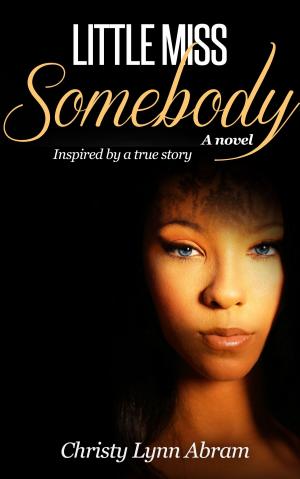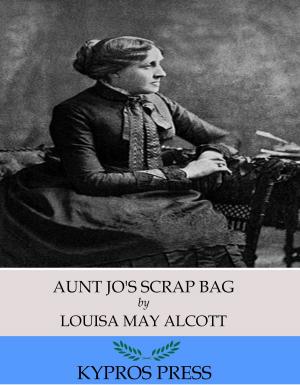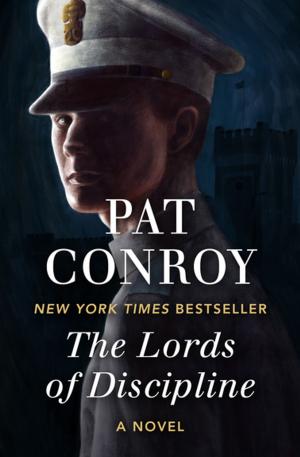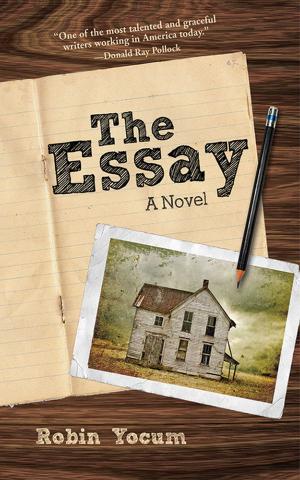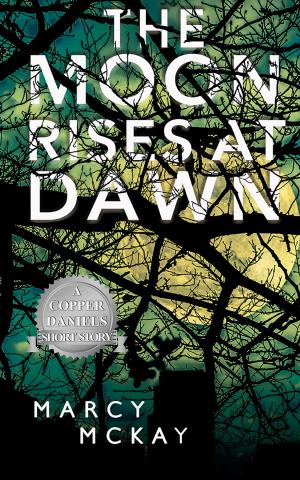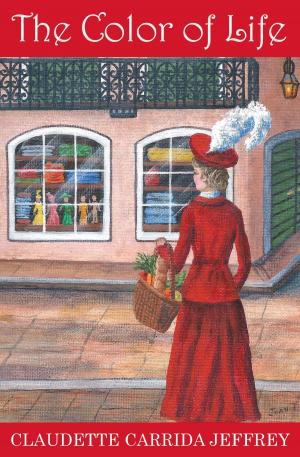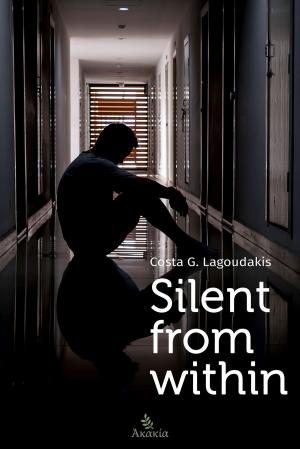Fragments of Philosophers' Stone: Essays and Stories
Nonfiction, Entertainment, Drama, Anthologies, Fiction & Literature, Coming of Age| Author: | John Paddison | ISBN: | 9781311211064 |
| Publisher: | John Paddison | Publication: | August 23, 2015 |
| Imprint: | Smashwords Edition | Language: | English |
| Author: | John Paddison |
| ISBN: | 9781311211064 |
| Publisher: | John Paddison |
| Publication: | August 23, 2015 |
| Imprint: | Smashwords Edition |
| Language: | English |
The setting for Fragments is Southern California in the 1950s; the main character in the story is Joel Sheppard, a child growing up in the tough steel town of Fontana. The chapters alternate between internal and external reflections and observations about the events, people, and circumstances shaping the boy’s life and future. Just as with novels such as Angela’s Ashes, Glass Houses, and the author's first published novel The Brothers’ Keepers, the work is a closely detailed analysis of the often negative social and economic forces that affect young peoples’ lives. As a fictional “case study,” Fragments attempts to explore how the circumstances and forces of human institutions, from the family outward, too often serve to drain the critical consciousness of individuals, enslaving them within their own unanalyzed assumptions.
This storyline is developed through an interconnected series of essays and short stories, seventeen in all. These segments alternate between the essay format and the short story form. The essays are written in an introspective style and are richly detailed and evocative for the purpose of allowing the reader to relate to the universals most people experience during the maturation process. The short stories tell of negative incidents in the protagonist’s life that continually draw him into the state of what James Joyce artfully termed “emotional paralysis,” a condition that far too many people allow themselves to be drawn into. With each incident the protagonist progressively relinquishes more and more of his ability of self-determination . . . that is, until he meets his “alchemist.”
As the title intimates, a main theme of the story is the ancient concept of alchemy . . . the search for the chemical substance that can turn lead into gold . . . that can transform the common into the priceless. Certainly the process is a metaphysical fantasy, but the metaphorical image evoked can provide valuable insight into the human experience. Who are the alchemists in our lives and in whose lives are we to be an alchemist? Engendering in people a sense of critical literacy and social responsibility seems to be key to liberating them from the enslaving drug of unquestioning participation in the world in which they exist.
The setting for Fragments is Southern California in the 1950s; the main character in the story is Joel Sheppard, a child growing up in the tough steel town of Fontana. The chapters alternate between internal and external reflections and observations about the events, people, and circumstances shaping the boy’s life and future. Just as with novels such as Angela’s Ashes, Glass Houses, and the author's first published novel The Brothers’ Keepers, the work is a closely detailed analysis of the often negative social and economic forces that affect young peoples’ lives. As a fictional “case study,” Fragments attempts to explore how the circumstances and forces of human institutions, from the family outward, too often serve to drain the critical consciousness of individuals, enslaving them within their own unanalyzed assumptions.
This storyline is developed through an interconnected series of essays and short stories, seventeen in all. These segments alternate between the essay format and the short story form. The essays are written in an introspective style and are richly detailed and evocative for the purpose of allowing the reader to relate to the universals most people experience during the maturation process. The short stories tell of negative incidents in the protagonist’s life that continually draw him into the state of what James Joyce artfully termed “emotional paralysis,” a condition that far too many people allow themselves to be drawn into. With each incident the protagonist progressively relinquishes more and more of his ability of self-determination . . . that is, until he meets his “alchemist.”
As the title intimates, a main theme of the story is the ancient concept of alchemy . . . the search for the chemical substance that can turn lead into gold . . . that can transform the common into the priceless. Certainly the process is a metaphysical fantasy, but the metaphorical image evoked can provide valuable insight into the human experience. Who are the alchemists in our lives and in whose lives are we to be an alchemist? Engendering in people a sense of critical literacy and social responsibility seems to be key to liberating them from the enslaving drug of unquestioning participation in the world in which they exist.

